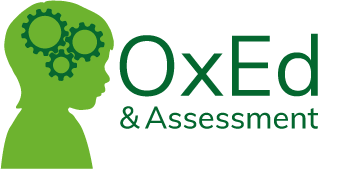Oral Language: An Investment in Student Success
This paper explores the key research behind the critical role of oral language to reading and well-being, as well as strategies for assessing and promoting language development in early education.
Discover the Latest Insights
No child should be left behind. And our latest research shows they don’t have to be.
1 in 14 students in the United States have a voice, speech, or language disorder. With early intervention, children with language delays can go on to be competent and confident readers, speakers, and learners.
It all starts with oral language – the heart of literacy and learning.
Unlock free insights into the latest research and strategies in our free whitepaper.

